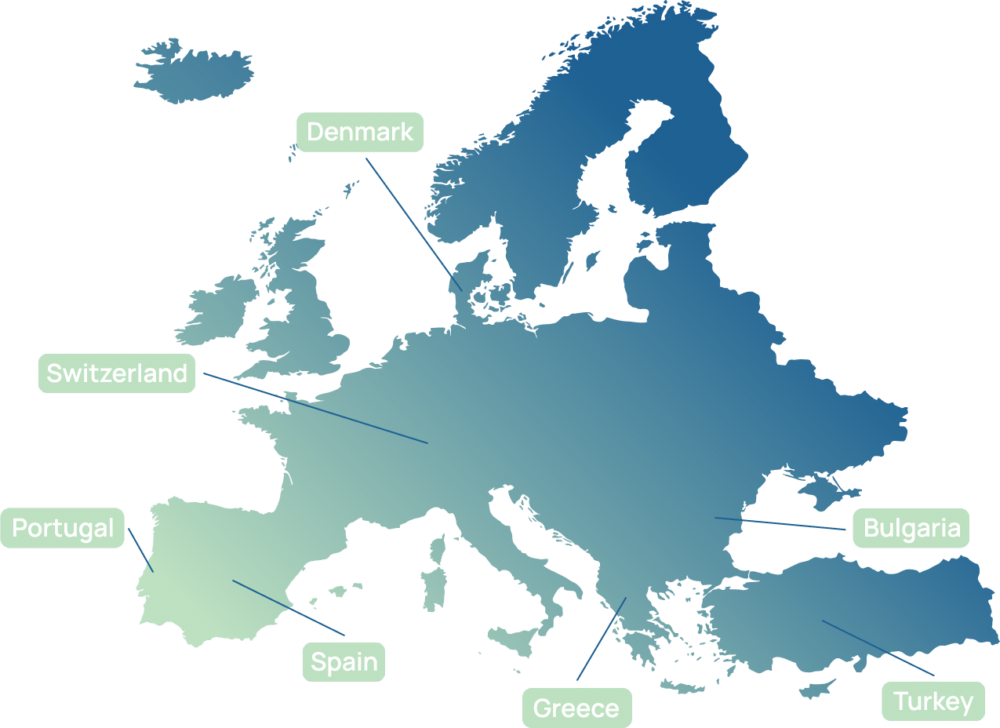REplicable, interoperable, cross-sector solutions and Energy services for demand side FLEXibility markets
About
The REEFLEX Horizon project aims to generate niches of opportunities for new cross-sector energy services provided by SMEs and start-ups in demand side flexibility markets and to increase participation of energy consumers in demand side flexibility markets. By developing an interoperability platform and service catalogue, the project aims to maximize the flexibility of distributed energy resources while taking into account different end user profiles and infrastructure limitations. The project also plans to generate a common operation market model using AI-driven intelligence services and automation systems, along with distributed ledger technologies to enhance transparency and trust. This will help to reduce market entry barriers and costs, and encourage greater participation from energy consumers. With the ability to earn new revenues from data and flexibility transactions, consumers will also benefit from innovative, personalized, and data-driven services that enable smart, human-centric control of their assets for demand response or self-consumption.
The overall objective of REEFLEX is to develop a set of viable interoperable solutions and services that increase the participation of energy consumers in demand side flexibility (DSF) markets. These solutions and tools are based on a central platform that can link all stakeholders in the cross-sector energy system and function as an energy marketplace. Through this platform, stakeholders can access various flexibility markets (local, national, and European) and obtain a customized set of interactions and services from the catalog to address their energy requirements. To ensure interoperability, REEFLEX emphasizes the demonstration and replication of these solutions in seven different countries with diverse energy constraints.

REEFLEX solutions will be showcased and cross-tested in 4 key demonstrators across Europe, including Spain, Greece, Switzerland, and Bulgaria. Each of these demonstrations will incorporate different characteristics and scenarios to evaluate their impact across various sectors, such as residential buildings, mobility, commercial establishments, industrial sites, and data centers. To achieve a wider coverage and adaptation, the services catalogue will also be replicated in three additional replicators across Türkiye, Portugal, and Denmark. In total, the project execution will span across 7 countries. These demonstrations and replication campaigns are based on 8 distinct use cases that encompass a diverse range of consumer groups and enable participation in up to 12 demand side flexibility services.
